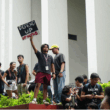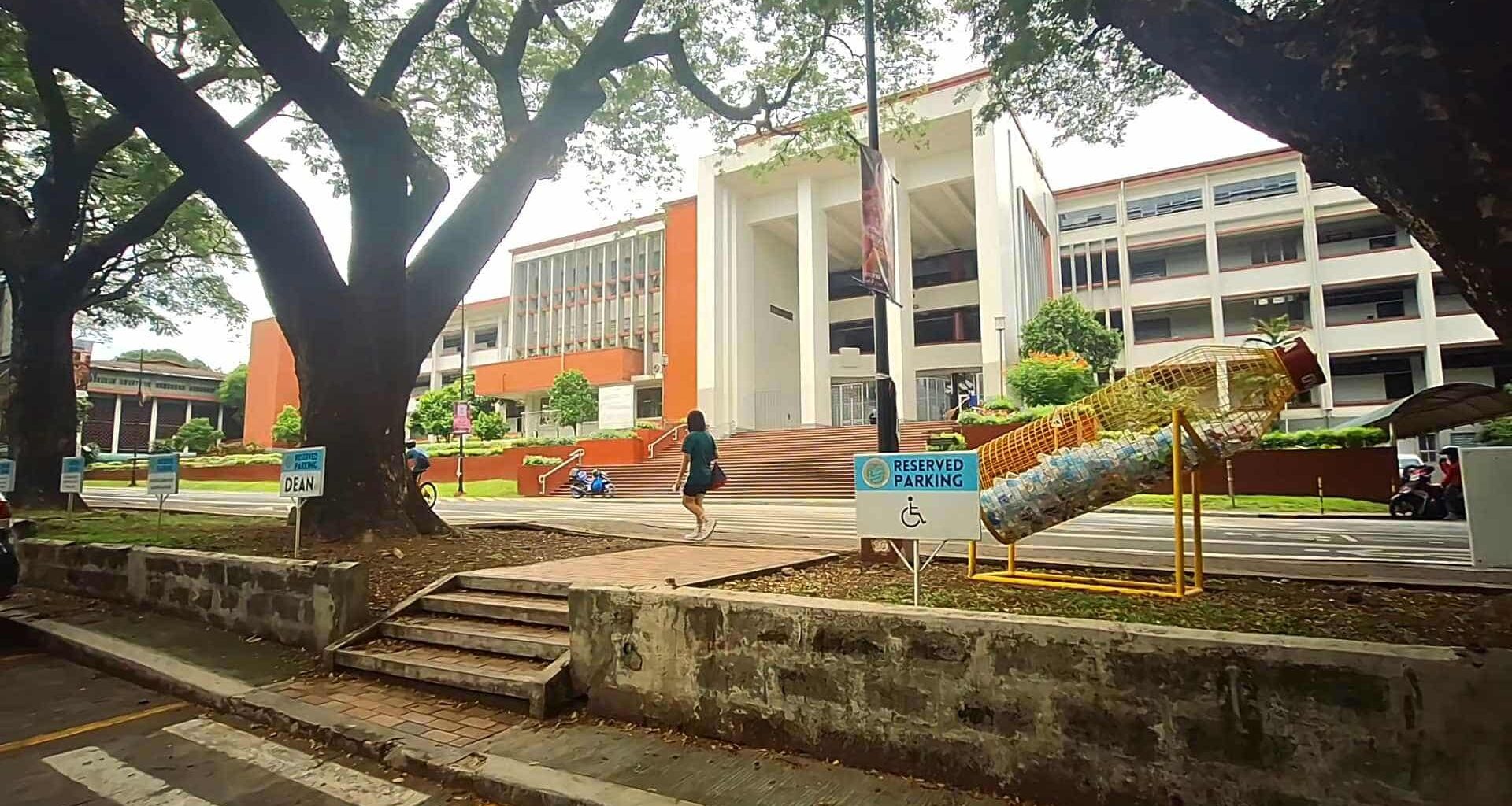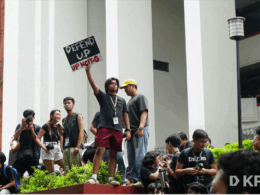The recent UP Diliman elections concluded not with clarity or celebration, but with confusion, disappointment, and an overwhelming sense of disillusionment. For the first time in recent memory, the abstain vote—long considered a legitimate and powerful expression of dissent—was not honored, despite receiving more individual votes than any single candidate for the vice chairperson position.
The University Student Electoral Board (USEB) justified the result by stating that the combined total of votes cast for the two candidates exceeded the abstain tally. By this logic, a candidate could still be declared the winner.
But the core of the backlash lies not in arithmetic, but in the absence of transparency: this interpretation was not made known to the student body before the elections. No student voted with that expectation in mind.
That silence has weight. In a university where students have long taken pride in their political awareness and participation, where democracy is not merely symbolic but deeply personal, changing the interpretation of such a crucial rule midstream, without informing the electorate, feels like a breach of trust.
The abstain option has been a central feature of UP Diliman’s student elections for years not just as a procedural placeholder, but as a political statement. It has offered students a way to express principled dissent: to reject the available candidates, to call for higher standards, to demand more from those who seek to represent them. It is not, as some suggest, a sign of apathy. It is often the opposite—a sign that students are paying attention, and are unwilling to give power lightly.
Over the past few years, abstain has won numerous positions outright. In 2023, for example, entire posts in the University Student Council were left vacant after abstain defeated all candidates.
This was not a technical quirk of the system. It was a message that students were growing weary of platforms that felt hollow of campaigns that felt disconnected, of choices that felt more like compromises than convictions. The response to this trend, however, has been uneven.
Some took it as a prompt for reflection, for improving political engagement and strengthening leadership accountability. But others have taken it as a threat—something to be minimized, reinterpreted, or even eliminated.
We saw the culmination of that impulse. Some groups, both inside and outside the formal political spectrum, had already begun arguing against the legitimacy of abstain. They claimed it was weaponized unfairly, that it was fueled by personal biases or unverified allegations—such as those surrounding alleged harassment or misconduct linked to figures close to the candidates.
In that light, they say, abstain becomes a tool of rumor, not principle. But even if these concerns carry some truth, the solution should not be to sideline abstentions.
The solution should be to foster mechanisms of accountability that are trusted, visible, and safe. If students are turning to abstain out of frustration or fear, that itself is a red flag, not a justification to suppress their voice.
It is easy to say that more students voted for someone than for no one. But that misses the deeper issue.
Elections are not just about counting votes; they are about trust. If a significant portion of the electorate expresses that they cannot, in good conscience, vote for any of the available candidates, that statement deserves to be heard—not circumvented through a mathematical workaround. Especially not without warning.
The damage here is twofold. First, it erodes faith in the electoral process. Students who cast their abstain votes believed they were exercising a legitimate choice—one that, if it outnumbered the others, would be respected. Instead, they learned that the terms of their participation had changed, invisibly. Second, it reinforces a troubling precedent: that rules surrounding abstain can be quietly reshaped, even at the last moment, to preserve outcomes that favor filling seats over honoring discontent.
This moment is not just about one election. It is about what we, as a university community, understand democracy to mean.
UP Diliman has long been a bastion of activism, principled dissent, and student leadership that challenges the status quo rather than conform to it. But those values must be reflected not only in slogans and student movements, but in the mechanisms of governance themselves.
When elections become more about closure than representation, and protest votes are sidelined for the sake of expediency, we risk turning our democratic institutions into formalities—exercises in appearance, rather than substance.
There must now be a reckoning. The USEB owes the student body a full and transparent explanation of its decision, and more importantly, an open dialogue on how abstain will be treated moving forward. The rules cannot be elastic. They cannot change behind closed doors. And they certainly cannot bend only when dissent becomes inconvenient.
Abstain, in all its complexity, is not a threat to student democracy. It is proof that students still care enough to reject what they feel is not good enough. The real threat comes when that care is dismissed—when that refusal to settle is met not with introspection, but with silence.
If we want a student council that truly represents the student body, then we must first respect the many ways that body chooses to speak. Even when that voice says no. Especially when it does.










